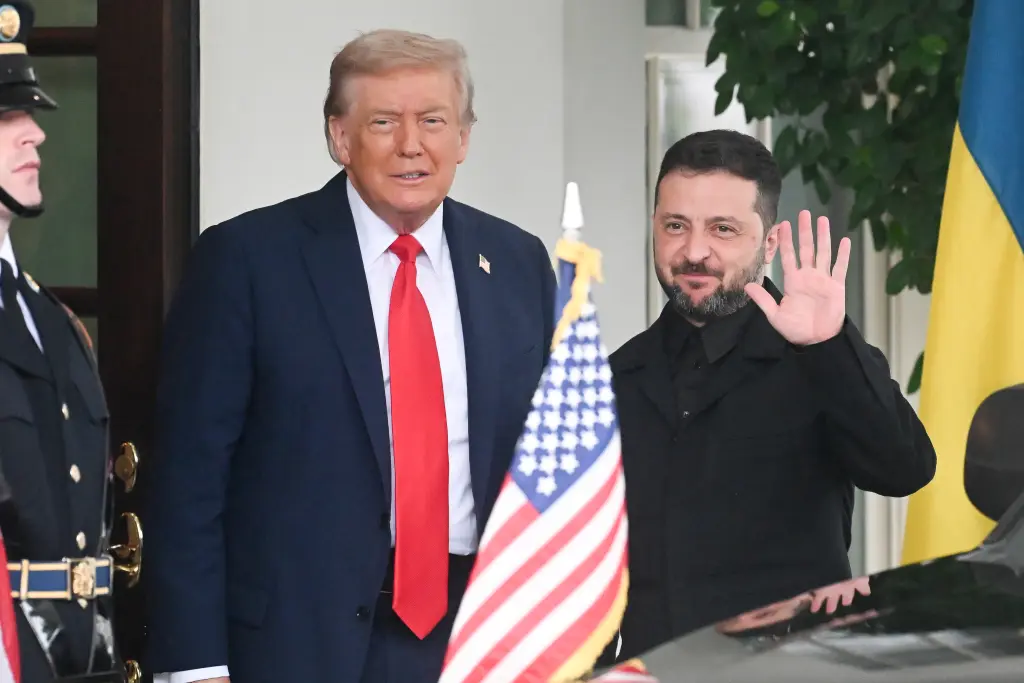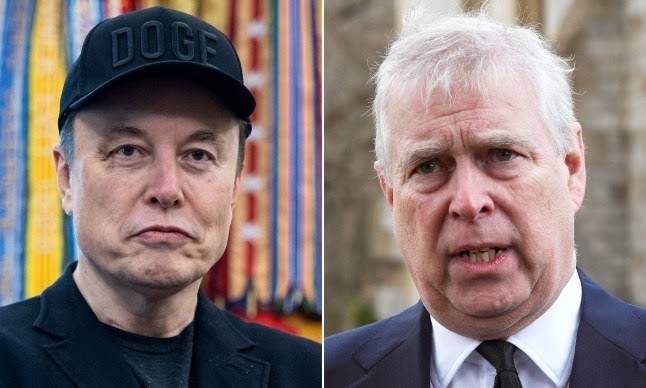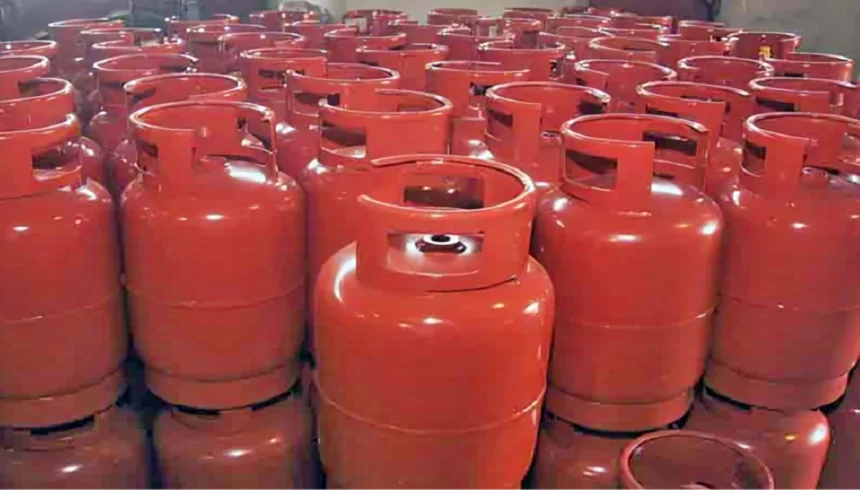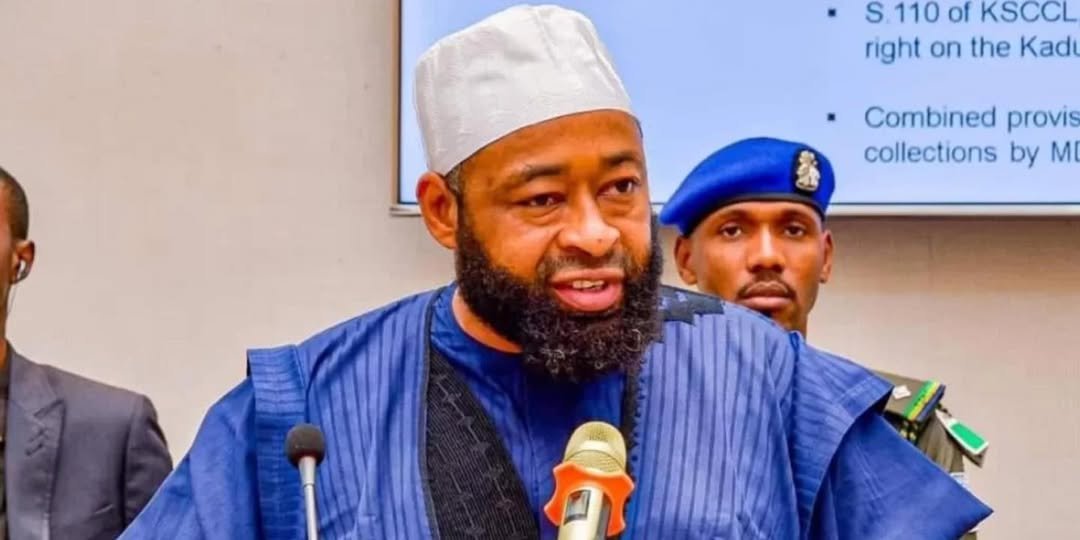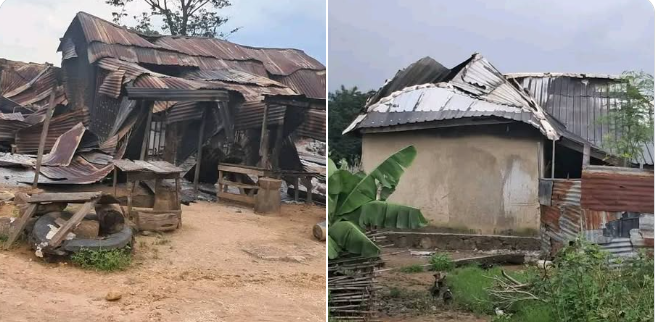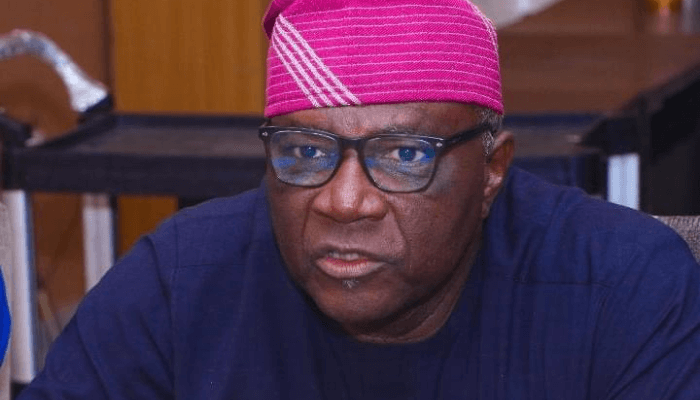In response to the intensifying conflict between Israel and Iran, the Federal Government of Nigeria has begun finalizing emergency plans to evacuate its citizens from both countries. This development was confirmed in a statement released Tuesday night by Kimiebi Ebienfa, spokesperson for the Ministry of Foreign Affairs.
According to the statement, Nigerian embassies in Tel Aviv and Tehran are actively engaging with nationals caught in the crisis and are coordinating efforts to facilitate a safe evacuation. The Ministry advised Nigerians residing in Israel and Iran to strictly adhere to local security advisories and promptly reach out to the nearest Nigerian mission for registration and updates.
The Foreign Affairs Ministry commended the dedication of the diplomatic missions in both countries, emphasizing the government’s commitment to safeguarding Nigerians abroad.
“In light of the escalating tensions between the State of Israel and the Islamic Republic of Iran, the Federal Government is putting in place measures for the emergency evacuation of affected Nigerian citizens,” the statement noted. It further urged citizens to follow security instructions and register with the nearest Nigerian embassy.
The government also reiterated its ongoing collaboration with international partners and local authorities to ensure a swift and secure evacuation process. The public was assured that further details would be communicated through official government channels.
Meanwhile, the Federal Government renewed its call for an immediate ceasefire and encouraged both nations to pursue peaceful, diplomatic resolutions. Nigeria reaffirmed its stance in support of international humanitarian laws and the protection of civilians in conflict zones.
This evacuation initiative follows recent widespread airstrikes launched by Israel on targets within Iran, including nuclear and military sites. Reports indicate that the strikes resulted in the deaths of several senior Iranian military leaders, including General Mohammad Bagheri, Chief of Staff of Iran’s Armed Forces, and Hossein Salami, head of the Islamic Revolutionary Guard Corps.
Reacting to the attacks, Iran’s Supreme Leader Ayatollah Ali Khamenei labeled the strikes as a “declaration of war” and warned of a severe retaliatory response, prompting heightened concerns of a broader regional conflict.

